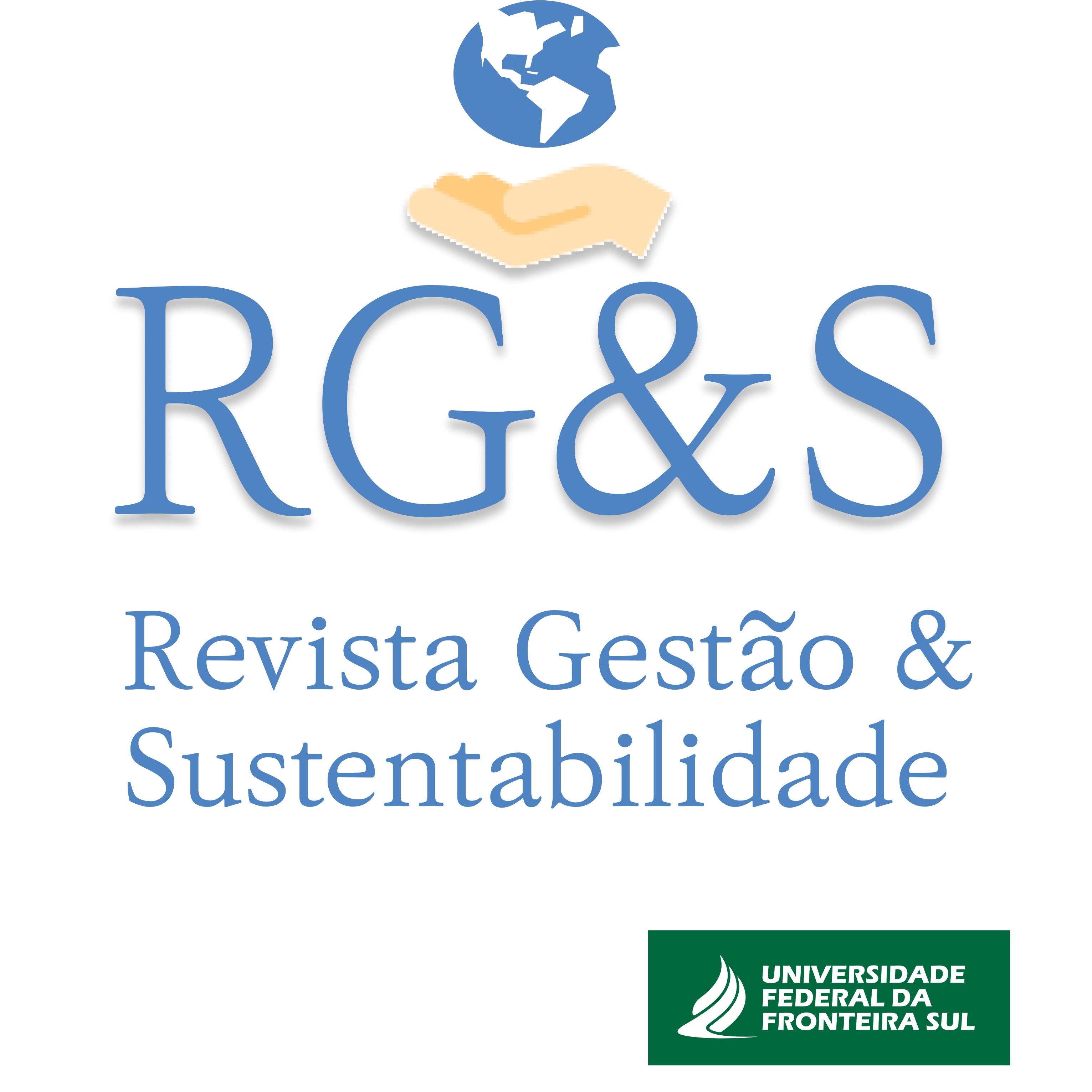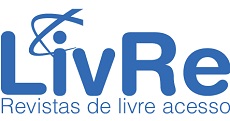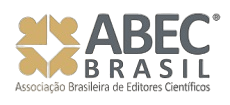Guidelines and Recommendations from Emerging Countries to Support Recyclable Material Collectors During the COVID-19 Pandemic
DOI:
https://doi.org/10.36661/2596-142X.2023v5n1.14282Keywords:
Gestão de Resíduos Sólidos Urbanos, Catadores, COVID-19, Organizações Internacionais, Economias emergentesAbstract
The COVID-19 pandemic has exacerbated the challenges related to managing municipal solid waste, leading to substantial negative impacts on the livelihoods of waste pickers. An exploratory and documentary research was conducted to assess the actions of emerging countries in managing recoverables intended for collectors. The study focused on the main recommendations of 11 organizations of international relevance during the period of 2020 and 2021. The countries examined included South Africa, Argentina, Brazil, India, Mexico, and Turkey. The analyzed documents recommended 27 different actions, with the most prevalent ones being: a) segregating and identifying waste; b) using and distributing personal protective equipment (PPE); c) training and maintaining distance among workers; d) implementing quarantine for symptomatic individuals; e) practicing handwashing; and f) disinfecting surfaces. The United Nations National Environment Programme (UNEP), the International Association for Solid Waste (ISWA), and the European Commission (EC) have recommended the majority of the actions. Brazil proposed 25 measures, outperforming countries like Argentina, Mexico, South Africa, and Turkey. Furthermore, it was the only country with recommendations for financial assistance and social benefits for waste pickers. However, these recommendations were not developed by the executive branch, as in other nations. Instead, they were established by the Public Prosecutor and non-profit groups in the sanitation sector.
Downloads
Downloads
Published
Issue
Section
License
-
O(s) autor(es) autoriza(m) a publicação do artigo na revista;
-
O(s) autor(es) atesta (m) que a contribuição é original e inédita e que não está em processo de avaliação em outra(s) revista(s);
-
A revista não se responsabiliza pelas opiniões, ideias e conceitos emitidos nos textos, por serem de inteira responsabilidade de seu(s) autor(es);
-
É reservado aos editores o direito de proceder ajustes textuais e de adequação do artigo às normas da publicação;
-
Autores mantêm os direitos autorais e concedem à revista o direito de primeira publicação, com o trabalho simultaneamente licenciado sob a Creative Commons Atribuição 4.0 Não Adaptada, que permite o compartilhamento do trabalho com reconhecimento da autoria e publicação inicial nesta revista














